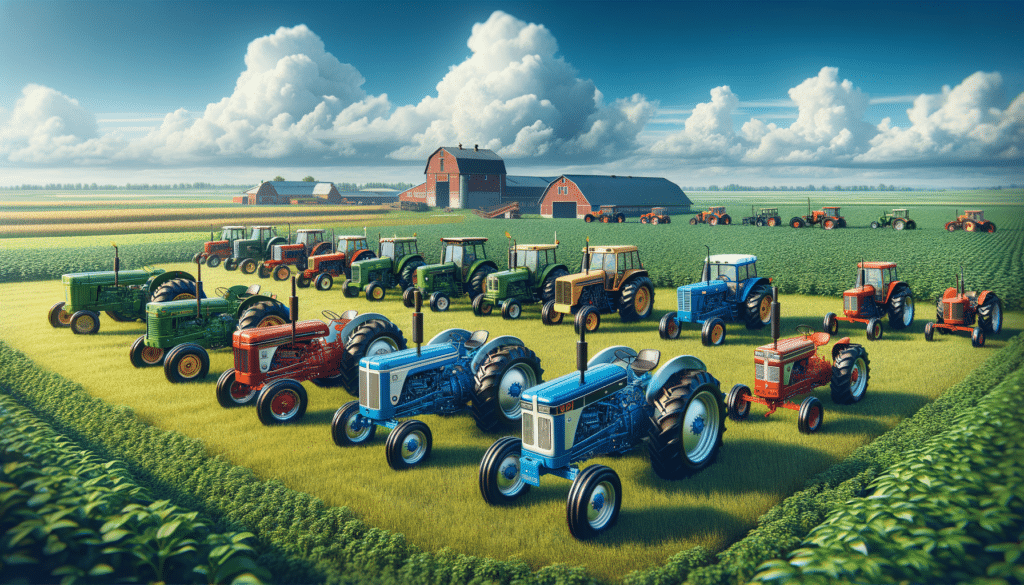Understanding the Needs of Your Farm
Before diving into the world of small farm tractors, it’s crucial to understand the specific needs of your farm. The size of your land, the type of crops you grow, and the tasks you need the tractor for all play a significant role in determining the right choice. Small farm tractors are versatile machines, designed to perform a variety of tasks ranging from plowing and tilling to mowing and hauling. However, not all tractors are created equal, and understanding your farm’s requirements will help narrow down the options.
Consider the following factors when assessing your needs:
- Land Size: A larger farm might require a more powerful tractor, while smaller plots can be efficiently managed with a compact or sub-compact model.
- Tasks: List out the primary tasks you need the tractor for. This could include plowing, planting, mowing, or transporting materials.
- Terrain: Evaluate the terrain of your farm. Hilly or uneven terrain might demand a tractor with better stability and traction.
By identifying these needs, you can better align the features of potential tractors with your farm’s requirements, ensuring that you invest in a model that offers the functionality you need without unnecessary extras.
Exploring Compact and Sub-Compact Tractors
Compact and sub-compact tractors are popular choices for small to medium-sized farms due to their efficiency and versatility. These tractors are designed to perform a wide range of tasks while being easy to maneuver and store. Compact tractors typically range from 25 to 60 horsepower, making them suitable for various agricultural activities.
When considering compact tractors, here are some aspects to evaluate:
- Engine Power: Ensure the tractor has adequate horsepower for your tasks. More power might be necessary for heavy-duty tasks, while lighter tasks can be managed with less horsepower.
- Attachments: One of the key advantages of compact tractors is their ability to accommodate various attachments such as loaders, backhoes, and mowers. Consider what attachments you might need for your farm’s operations.
- Ease of Use: Look for models that offer intuitive controls and comfortable operation, especially if you plan to spend long hours on the tractor.
Sub-compact tractors, on the other hand, are smaller and typically offer less horsepower, usually under 25 HP. They are ideal for lighter tasks and smaller properties. Their compact size allows them to navigate tight spaces easily, making them a practical choice for farms with limited space.
The Value of Used Tractors
For many small farm owners, purchasing a new tractor might not be financially feasible. In such cases, exploring the used tractor market can be a worthwhile option. Used tractors can offer excellent value, provided you know what to look for and how to assess their condition.
Here are some tips for buying a used tractor:
- Research: Start by researching the models that fit your needs and budget. Look for reviews and feedback from other users to gauge reliability and performance.
- Inspection: Conduct a thorough inspection of the tractor. Check for signs of wear and tear, especially in the engine, tires, and hydraulic systems. It might be beneficial to have a knowledgeable mechanic assess the tractor.
- Maintenance Records: Request the maintenance history from the seller. A well-maintained tractor with regular servicing is often a better investment.
Purchasing a used tractor requires diligence but can lead to significant savings. With careful selection, a used tractor can serve your farm’s needs efficiently without breaking the bank.


